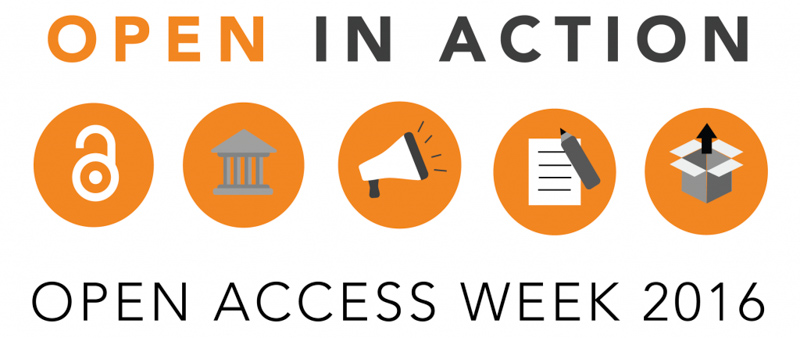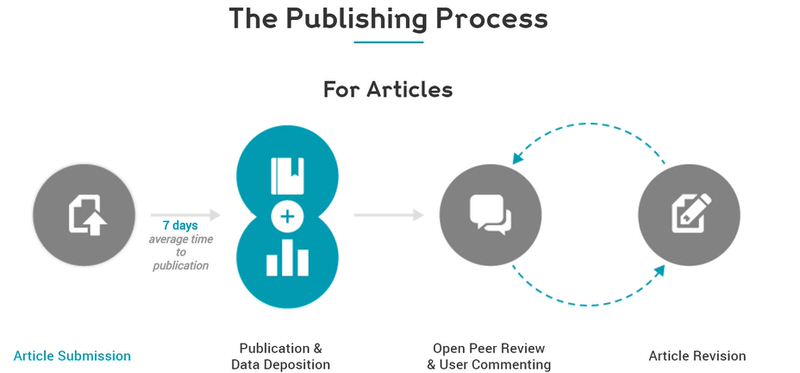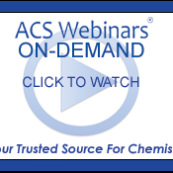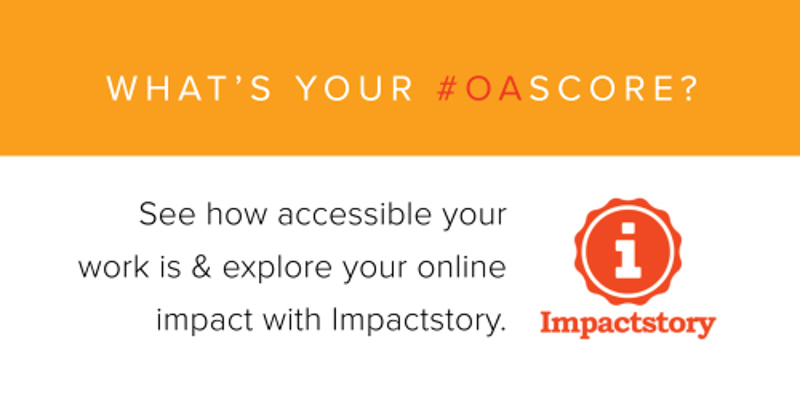Open Access Week Encourages Researchers To Share Results

Open Access Week revealed new tools to speed up the sharing of new discoveries, improve peer review process, and address reproducibility.
What is Open Access Week?
Open Access Week is a global event organized by SPARC for the academic community to learn about the benefits of open access, to share what they’ve learned, and to inspire wider participation in helping to make open access the norm. It is held October 24 – 30, 2016.
What is Open Science?
The traditional anonymous pre-publication peer review of research articles can cause long delays before new results become visible. F1000Research uses an author-led process, publishing all scientific research within a few days. According to F1000Research,” open science is the concept of opening up all aspects of research, to allow others to follow the process and collaborate.”
The F1000 Research Model
F1000Research publishes articles, posters and slides reporting basic scientific, translational and clinical research within the life sciences and medicine.F1000Research is a scholarly publication platform set up for the scientific research community; each article has at least one author who is a qualified researcher or clinician actively working in the life sciences and who has made a key contribution to the article.
Articles must be original (not duplications). All research is suitable irrespective of the perceived level of interest or novelty; we welcome confirmatory and negative results, as well as null studies. F1000Research publishes different type of research, including clinical trials, systematic reviews, software tools, method articles, and many others. Reviews and Opinion articles providing a balanced and comprehensive overview of the latest discoveries in a particular field, or presenting a personal perspective on recent developments, are also welcome. See the full list of article types we accept here.
Articles (except for F1000 Faculty Reviews, see below) are published using a fully transparent, author-driven model: the authors are solely responsible for the content of their article. Invited peer review takes place openly after publication, and the authors play a crucial role in ensuring that the article is peer-reviewed by independent experts in a timely manner. Articles that pass peer review are indexed in PubMed, Scopus and other bibliographic databases.
F1000Research is an Open Science platform: all articles are published open access; the publishing and peer review processes are fully transparent; and authors are asked to include detailed descriptions of methods and to provide full and easy access to source data underlying the results to improve reproducibility.
F1000 Faculty Reviews are commissioned from members of the prestigious F1000 Faculty. Peer review is fully transparent (the referees are listed on the article), but it takes place before publication and only the final version is published.
Posters and slides are not peer reviewed and do not appear in bibliographic databases such as PubMed.
Benefits for Researchers
– Enables authors, not editors, to decide what they wish to publish.
– Authors select their own referees and control the process.
– All types of research can be published rapidly: traditional narratives, data sets, null results, protocols, case reports, incremental findings and more.
Benefits for Research
– Aims to shift the way research and researchers are evaluated.
– Moves away from journal-based measures towards direct assessment of individual outputs.
– Supports research assessment based on the intrinsic value of the research, not the venue of publication.
Benefits for Society
– Reduces the barrier to collaborative research through data sharing, transparency and attribution.
– Reduces research waste and helps to remove the bias in our understanding of research.
– Enables others to build upon new ideas right away, wherever and whoever they are.
What’s new this year?
How we’re putting open into action.@hjhope blogs for @F1000Research on Wellcome Open Research#OAWeek2016 #OAWeekhttps://t.co/mMKxrM4Cxa
— Wellcome Trust (@wellcometrust) October 26, 2016
The Wellcome Trust debuted “Wellcome Open Research,” a new way for Wellcome Trust funded researchers to rapidly publish any results they think are worth sharing. It uses an open research publishing model: immediate publication followed by open invited peer review. At the moment, this is a new service that has been specifically developed for Wellcome-funded researchers. Each publication must have at least one author who has been, or still is, a recipient of a Wellcome grant. The organization hopes that “other funders will follow our lead and that, over time, funder-specific platforms will merge into a single international platform, open to all researchers.”

What’s your #OAscore?
This Open Access Week, the group is rolling out this measurement on Impactstory. It’s a simple number: what percentage of your work is free to read online? They are calling it your Open Access Score.
They have issued a challenge to every researcher: find out your open access score.
Here’s how to do it:
1) Make an Impactstory profile. You’ll need a Twitter account and nothing more…it’s free, nonprofit, and takes less than five minutes. Plus along the way you’ll learn cool stuff about how often your research has been tweeted, blogged, and discussed online.
2) Deposit just one of your papers into an Open Access repository. Again: it’s easy. Here’s instructions.
3) Once you’re done, update your Impactstory, and see your improved score.
4) Tweet it. Let your community know you’ve made the world a richer, more beautiful place because you’ve made you’ve increased the knowledge available to humanity. Just like that. Let’s spread that idea.
American Chemical Society Webinars
 In celebration of Open Access Week, the American Chemical Society Webinars is giving scientists a taste of the best open science. ACS Webinars on-demand recordings, featuring presentations from the best and brightest in chemistry, is available at www.acs.org/acswebinars.
In celebration of Open Access Week, the American Chemical Society Webinars is giving scientists a taste of the best open science. ACS Webinars on-demand recordings, featuring presentations from the best and brightest in chemistry, is available at www.acs.org/acswebinars.
Topics include Drug Design and Delivery, Materials Sciences, Chemistry and the Economy, or Professional Development.
What else is going on?
Check out the forum discussion for Open Access Week and see the ongoing debates on various scientific topics.

